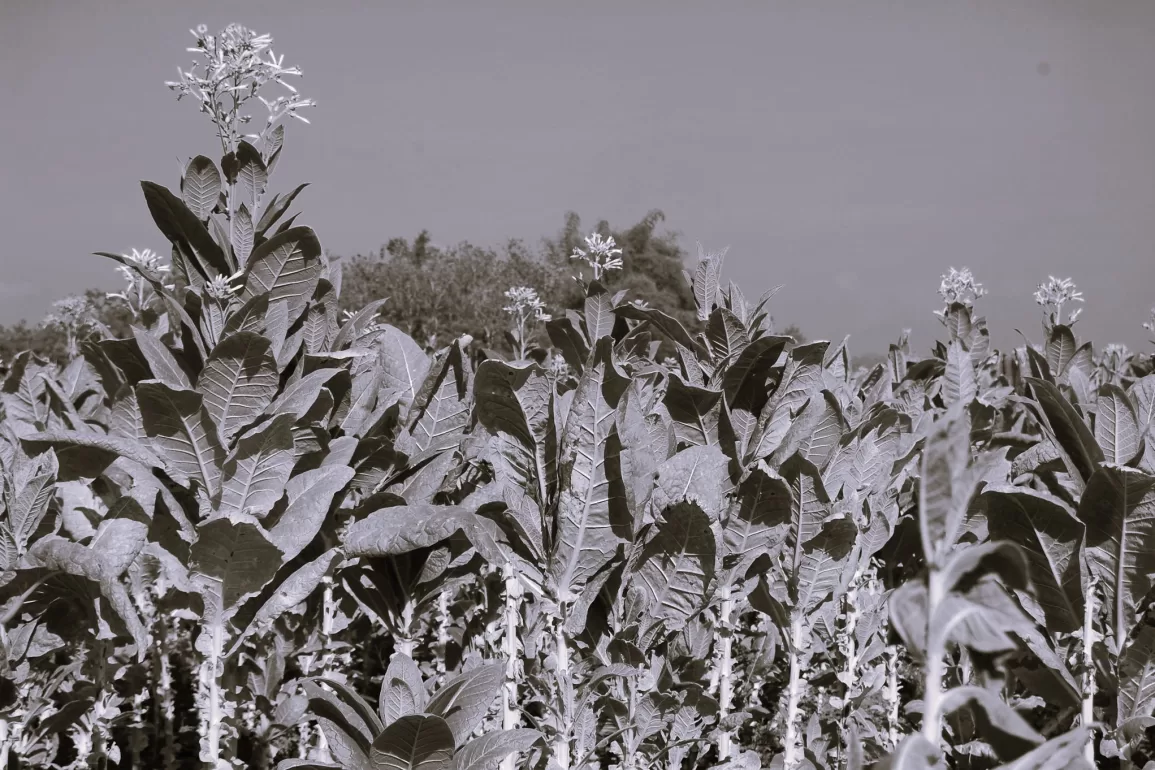“Coach, it’s supposed to rain tomorrow and our raisins are still drying on the ground. My father needs my brother and me to help cigarette-roll our crop. I’m sorry, but my dad said I can’t come to practice today.” Alex Flores looked across the over-sized desk that was somehow jammed into his small-town, school-gym office. Ray Avakian, his quarterback…his only quarterback, had just added to his woes. When you’re playing eleven-man in 103 degree day games and you only have...

